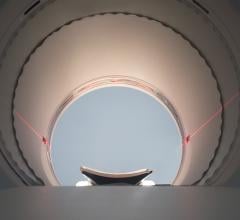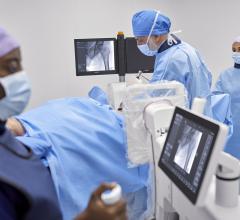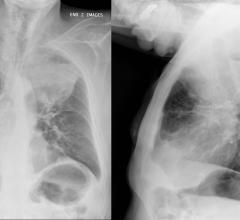
Greg Freiherr has reported on developments in radiology since 1983. He runs the consulting service, The Freiherr Group.
'Choosing Wisely' Campaign Validates Use of Imaging Tests
Over the past several years, the radiology community has taken it on the chin with reimbursement cuts to reports of radiation overexposure. Earlier this month, it looked like radiology would be hit again, this time by nine physician societies whose leaders compiled a list of “five things physicians and patients should question” – part of a concerted “Choosing Wisely” campaign launched by organized medicine.
At first glance, it looked gloomy. Of the 45 “things” listed, 26 had to do with imaging. But after examining each group’s recommendations, imaging came out looking pretty good. Rather than attacking radiology, the recommendations were really a vindication that the vast majority of imaging tests are reasonable and justified.
Two groups – the American Society of Nephrology and American Academy of Allergy, Asthma & Immunology – nearly skipped over imaging entirely. Nephrologists named mammography as one of several diagnostic tests (i.e., colonoscopy, prostate-specific antigen and Pap smears) that shouldn’t be performed routinely on dialysis patients with limited life expectancies. Specialists of allergy, asthma and immunology questioned sinus computed tomography (CT) in the same breath as they cautioned against indiscriminately prescribing antibiotics for uncomplicated acute rhinosinusitis.
The American College of Radiology had little choice but to recommend against imaging studies, as these are the only “things” the College addresses. But its choices were in line with long-standing policy, for example, recommending against imaging for uncomplicated headache and against CT for suspected appendicitis, “until ultrasound has been considered”.
Ditto for the American Society of Nuclear Cardiology, whose sole purview is, well…nuclear cardiology. The Society cautioned against the use of imaging for low-risk and asymptomatic patients, as well as for a preoperative assessment of patients facing low- and intermediate-risk noncardiac surgery. Additionally, the Society advised physicians to use methods that reduce radiation exposure or forego tests altogether, “when limited benefits are likely.”
Clinical oncologists advised against performing positron emission tomography (PET), CT and radionuclide bone scans to stage early prostate and breast cancers at low risk for metastasis, just as they cautioned against using these modalities for asymptomatic patients “treated for breast cancer with curative intent.”
The American Academy of Family Physicians urged caution when imaging for low back pain and against using X-ray absorptiometry to screen for osteoporosis in women under 65 and men under 70 who have no risk factors.
The American College of Physicians mirrored the recommendation of its family practitioner colleagues regarding low back pain, adding three more caveats: recommending against imaging studies as the initial diagnostic test for venous thromboembolism; the use of CT or magnetic resonance imaging (MRI) to evaluate simple syncope (with a normal neurological exam), and preoperative chest X-rays when intrathoracic pathology is not suspected.
Three of the four cautions raised by cardiologists against imaging questioned stress cardiac imaging and advanced noninvasive imaging for asymptomatic patients or those scheduled to undergo low-risk noncardiac surgery. These were accompanied by advice not to routinely perform echocardiography when following up adults for mild, asymptomatic native valve disease.
Later this year, more specialty groups are expected to issue similar lists. Judging from the nine lists already released, imaging will have reason to be happy.


 April 25, 2024
April 25, 2024 








